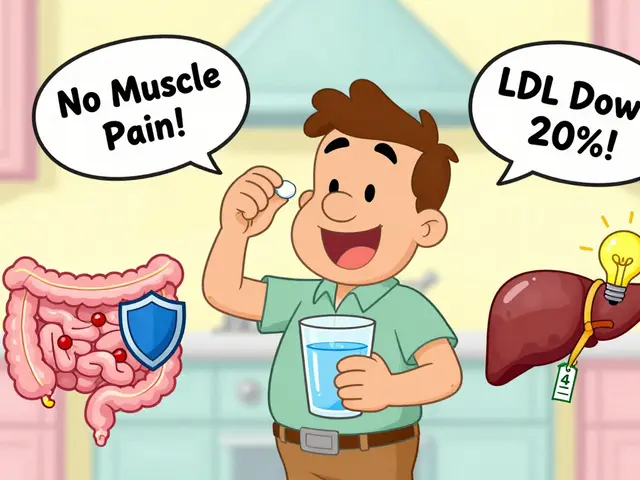Understanding Bulimia Nervosa
Bulimia Nervosa is a serious and potentially life-threatening eating disorder characterized by a cycle of binge eating followed by compensatory behaviors such as self-induced vomiting, excessive exercise, or misuse of laxatives. It can affect anyone, regardless of age, sex, or race, and is often accompanied by feelings of guilt, shame, and a fear of gaining weight. But what's important to remember is that it's not a choice, but a complex mental health condition that requires professional help and support to overcome.
What are Support Groups?
Support groups are gatherings of individuals who share a common problem or concern. These can be in-person meetings or virtual meet-ups, where individuals can share their experiences, learn from each other, and offer mutual support. They are often led by a professional moderator, but peer-led groups are also common. The main objective of these groups is to create a safe, judgement-free environment where people can open up about their struggles and find solace in knowing they are not alone.
The Role of Support Groups in Bulimia Recovery
Support groups play a crucial role in the recovery process from bulimia nervosa. They provide a platform where individuals can discuss their feelings, fears, and challenges related to their eating disorder. This can be incredibly therapeutic and can help individuals feel less isolated in their struggle. Additionally, hearing about others' experiences and recovery journeys can provide hope and motivation to keep fighting.
Benefits of Sharing Personal Experiences
Sharing personal experiences with others who are going through a similar struggle can be incredibly healing. It can help individuals realize that they are not alone in their battle against bulimia. They can learn from the experiences of others, gain insights into coping strategies that have worked for others, and find hope in the knowledge that recovery is indeed possible. This can also help reduce the stigma associated with eating disorders and promote open, honest discussions about mental health.
Learning Coping Strategies
Support groups can be a valuable source of practical advice and coping strategies. Participants can learn about various techniques to manage their symptoms, resist the urge to binge and purge, and deal with triggers. These coping strategies are often shared by individuals who have successfully navigated their recovery journey, making them even more relevant and valuable.
Improved Self-esteem and Body Image
One of the significant challenges individuals with bulimia face is a distorted body image and low self-esteem. Support groups can help individuals challenge these negative beliefs and develop a healthier self-image. The group setting provides a safe space to discuss these issues openly, and to receive support and encouragement from peers.
Support for Family and Friends
Support groups are not only beneficial for individuals struggling with bulimia but also for their family and friends. These groups can provide much-needed information and advice on how to support a loved one with bulimia, as well as a space to share their own feelings and challenges. This can help strengthen the support system around the individual, which is vital for their recovery.
Combining Support Groups with Professional Treatment
While support groups are incredibly beneficial, they should be used as a complement to professional treatment, not a replacement. Bulimia nervosa is a serious condition that often requires medical and psychological intervention. Professional treatment can include therapy, medication, and nutritional counseling. Combining this with the support and understanding found in a support group can significantly enhance the recovery process.
Finding the Right Support Group
There are many different types of support groups out there, and finding the right one can make a significant difference in an individual's recovery journey. It's essential to find a group where the person feels comfortable, understood, and accepted. Many organizations, both online and offline, offer support groups for individuals with bulimia. It can be helpful to try out a few different ones to find the best fit.




